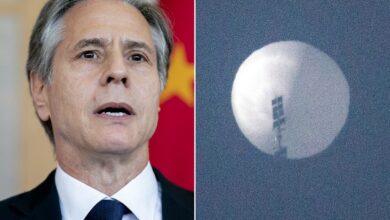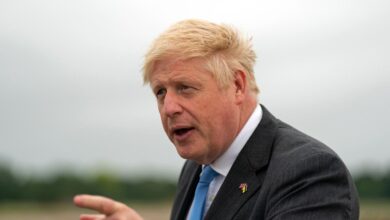Why persistent inflation could become a nightmare for Tories

The Bank of England’s decision to raise interest rates by 0.5 per cent to 3.5 per cent was exactly as expected – it really had to be, with inflation at four-decade high – but there is some devil in the details.
One member of the Bank’s nine-strong Monetary Policy Committee voted for an even bigger hike, while two wanted to leave rates where they are; some investors were disappointed so the pound suffered a mild sell-off in the foreign exchange markets. A warning sign, if you like – though of course nowhere near the panic that followed Kwasi Kwarteng’s mini-Budget. The new touch of market disquiet signals a growing conviction that Britain’s inflation problem may be starting to become embedded. And that means even more pressure on the Bank to raise rates further and faster than might otherwise be the case, if the markets were convinced that inflation will inner be squeezed out of the system fairly rapidly.
This reflects the fact that inflation is starting to move from trade goods – food, petrol, even energy prices – to the service sector, such as restaurant bills or even legal services. Service sector costs are very largely comprised of wages and salaries in the private sector. With annual increases running around 6 per cent, with inflation at 10.7 per cent, it suggests real wages are falling, but not perhaps falling fast enough to bring inflation down quickly.





